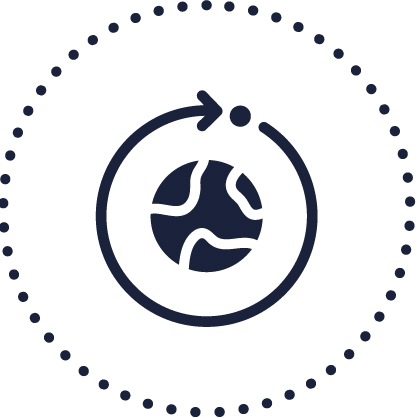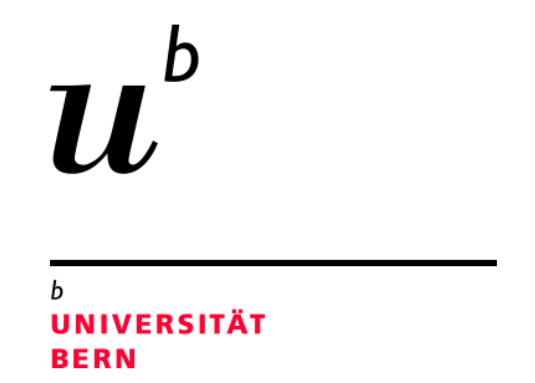Living With Water
Due to climate change, heavy rainfall during the rainy season causes urban flooding in Senegal and many other African cities. The rainwater stagnates for months, causing illness and severe damage to household life, especially for the poorest members.

Overview of the project

Due to climate change, heavy downpours during the rainy season cause urban flooding in Senegal and many other African cities. The rainwater stagnates for months, causing illnesses as well as significant damage to the lives of households, especially for the poorest members.
With an integral approach, the Living With Water project addresses all areas of risk in flooded areas such as drainage and agricultural use of rainwater, wastewater treatment, waste management and urban public space planning. With its participatory approach to the integration of decentralized infrastructure in urban and peri-urban areas, the project was initiated and constantly draws on the experiences and know-how that the communities implement in the face of the challenges posed by annual flood waters. The project was not only initiated by these communities, but also its implementation is based on a community participatory approach. In the sensitization and capacity building workshops, communities are empowered to take an active role in the implementation and maintenance of the various infrastructure and flood contingency plans.
The project thus aims to strengthen resilience and improve the quality of life especially of the poorest and most vulnerable segments of the population, especially women, who suffer the greatest loss of income in flood situations.
After the implementation of the first phase, the project Living With Water is in a phase of multiplication, studies and sharing of good practices and internationalization.
Living With Water builds resilience to urban flooding in vulnerable neighborhoods.
Ongoing research
1.5.2013 - project still ongoing
The project Living with Water has reached a total of 920,000 beneficiaries, of which
- 176,000 people in the 12 targeted communes benefited directly from flood protection infrastructure
- 27,300 people benefited from capacity building
- 920,000 people who benefited from the implementation of emergency plans against floods.
The Living With Water project has contributed to and is contributing to capacity building and behavior change that has strengthened the resilience of targeted neighborhoods to climate change flooding.
In particular, the Living with Water project has demonstrated the importance of an integral approach that takes into account all sectors affected by flooding.
Le projet a été financé par des subventions (UKAid / MUSEKE) et des invéstissement privé ainsi que par la participations des communautés.
organisation
MANDU | architexture & urbanizm is a company specialized in the development of sustainable solutions for the city and eco-innovation, developing activities that produce goods and services capable of preventing, limiting or correcting environmental impacts. The company develops activities that produce goods and services capable of preventing, limiting or correcting environmental impacts. Within the framework of the implementation of our activities in the fields of sustainable urbanism, green architecture, decentralized infrastructures and sustainable mobility, our services are dedicated to the long term to perpetuate the solutions offered by our eco-company.
By taking part in this eco innovative approach, the company intends to participate in the improvement of access and quality of basic services in informal settlements.
in collaboration
- UK aid
- Ministry of Urban Renewal, Housing and Living Environment
- The Directorate of Development and Restructuring of Flood Zones (DARZI)
- The Senghor Group
- BG Consulting Engineers
- Heinrich Böll Foundation
- Swiss Embassy Senegal











